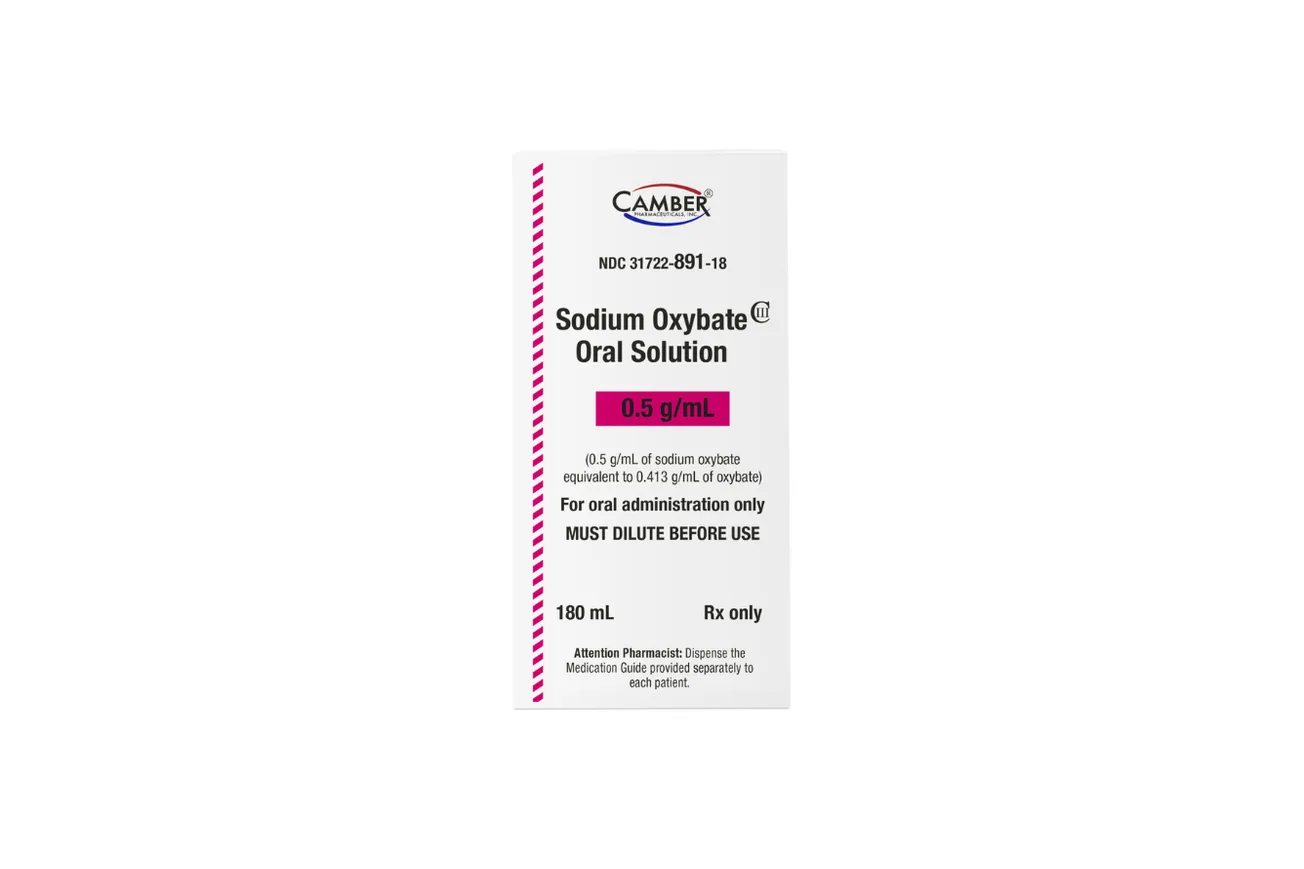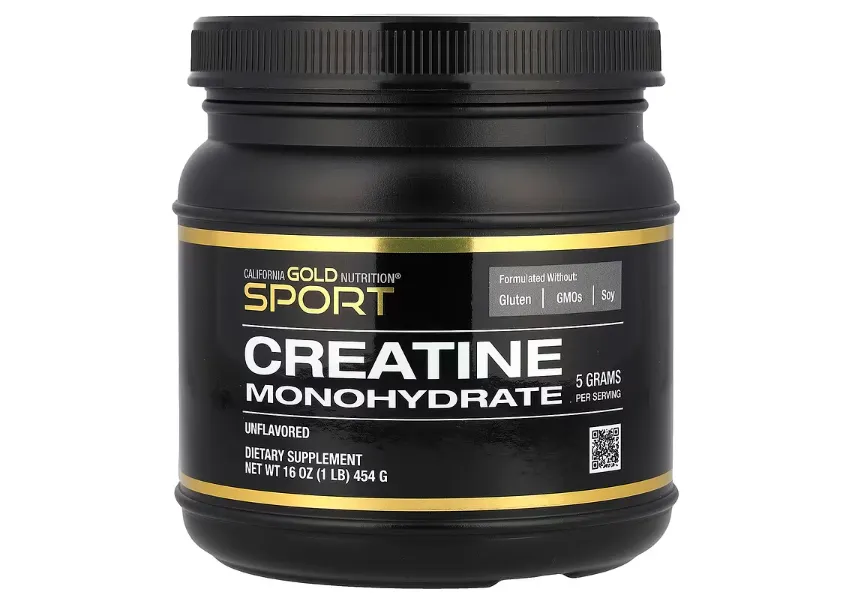WASHINGTON — A pharmacy benefit manager provision that was in the original House “Big Beautiful Bill” was removed from the Senate version when the bill narrowly passed last Tuesday. That provision, which would have placed additional rules on them, was included in the House version.
The final “Big Beautiful Bill”, signed by President Trump last week, omits a pharmacy benefit manager (PBM) reform provision that was included in the House version but removed by the Senate before passage. The provision would have prevented PBMs from tying their compensation to the list prices of medications and would have banned “spread pricing,” where PBMs charge health plans more for a drug than they pay pharmacies and keep the difference as profit.
Instead, the proposal would have required “pass-through pricing,” reimbursing pharmacies for the ingredient cost plus a professional dispensing fee while limiting PBMs to administrative fees. Supporters, including the National Community Pharmacists Association, argued that the change would align Medicaid managed care payments with the National Average Drug Acquisition Cost and state Medicaid dispensing fees, saving taxpayers nearly $3 billion.

In June, Bloomberg reported that the policy would have impacted the way PBMs were paid for Medicare. The House version also included a provision that Medicaid managed care plans would ban spread pricing, a practice where a PBM charges a health plan more for a prescription drug than it pays the pharmacy for the same drug, pocketing the difference as profit.
The removal of the PBM provision is a relief for major PBMs, including Optum Rx (UnitedHealth), CVS Caremark (CVS Health), and Express Scripts (Cigna), which faced potential changes to their payment structures under Medicare and Medicaid managed care plans.
PBM reform remains a longstanding issue in Congress and state legislatures. Just this week, a federal judge in Iowa temporarily blocked a new state law that would have imposed restrictions on PBMs, underscoring the continued debate over the role of “drug middlemen” in the nation’s prescription drug system.









